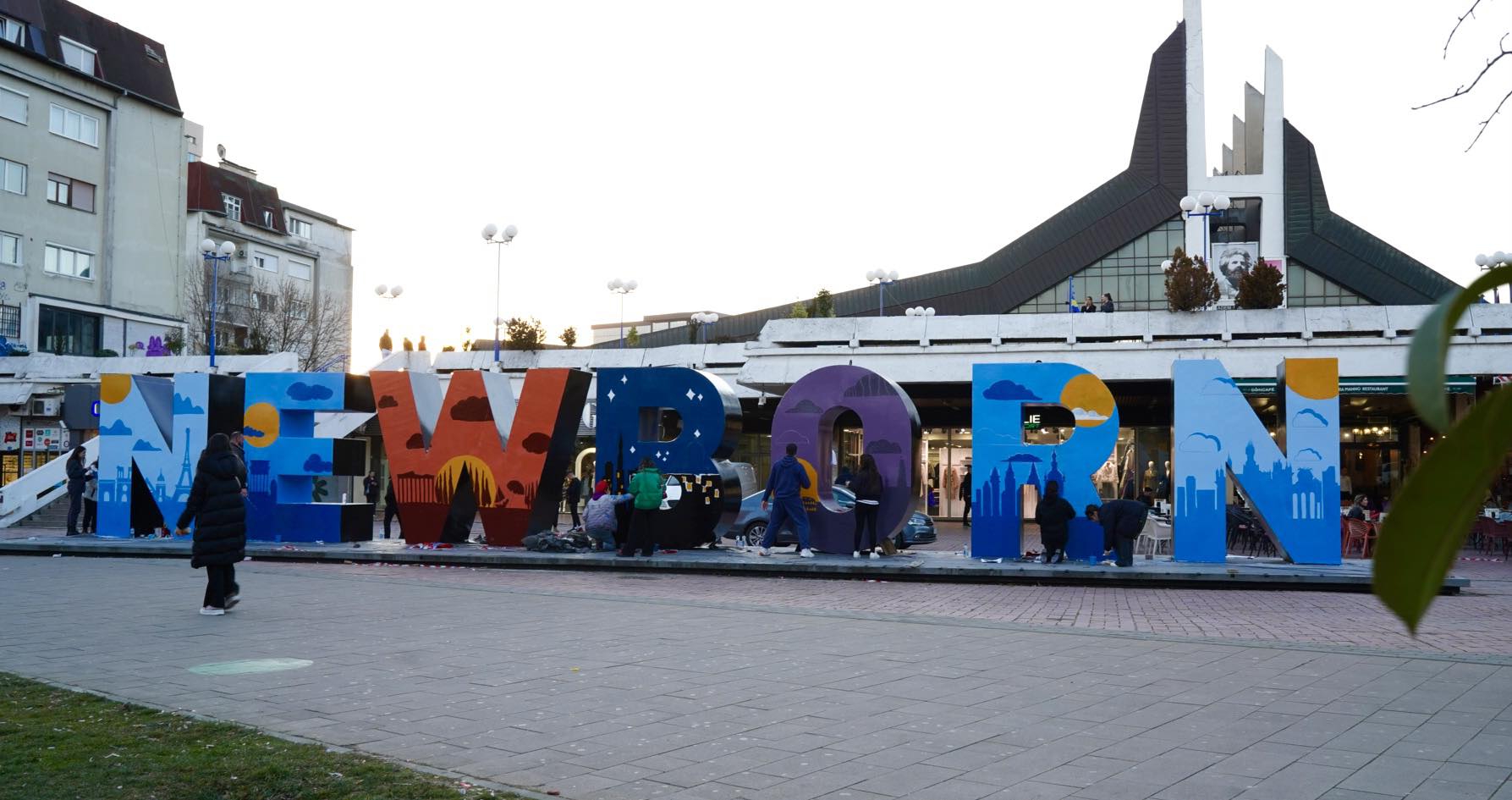
A long and difficult journey, with suffering and sacrifices, led Kosovo to its independence. For years, until June 1999, its citizens suffered the consequences of ethnic cleansing by the Serbian regime of Milosevic.
Since June 13, 1999, when the Serbian forces were forced to leave Kosovo, this country was administered by the United Nations Organization Mission – UNMIK and the Self-Governing Institutions of Kosovo: the Assembly, the President and the Government.
In November 2005, the process for the final status of Kosovo officially began. After comprehensive consultations, on February 2, 2007, the international special envoy for the status of Kosovo, Martti Ahtisaari, submitted his proposal to Prishtina and Belgrade, for the conditional independence of Kosovo, a step that led to the creation of an independent state.
After several rounds of talks were held, Kosovo was declared independent on February 17, 2008, at 15:39, in an extraordinary session of the Assembly of Kosovo, attended by 109 out of a total of 120 MPs. The Mps of the Serbian community were not present at the session.
The first to sign the declaration of Kosovo's independence were: the president Fatmir Sejdiu, the speaker of the Assembly, Jakup Krasniqi, as well as the country's prime minister, Hashim Thaçi.
The first countries that recognized Kosovo as a state after the declaration of independence were: Costa Rica, the USA, France, Afghanistan, Albania, Turkey, Great Britain, while currently our country has 117 recognitions.
Serbia opposing the Declaration of Independence of Kosovo, sought the assessment of international validity and support for its position, allegedly that the Declaration of Independence of Kosovo was illegal. Following this development, in October 2008, Serbia requested an advisory opinion from the International Court of Justice.
On July 22, 2010, the International Court of Justice, through an Advisory Decision, reconfirmed that Kosovo's Declaration of Independence did not violate any article of International Law.
However, the dialogue with Serbia remains a challenge for the consolidation of Kosovo in the international arena.
In 2010, the General Assembly of the United Nations adopted the resolution sponsored by the then 27 countries of the European Union, which paved the way for the beginning of the Kosovo-Serbia dialogue, facilitated by the EU, with the aim of peace, security, and stability.
In many reports and analyzes of the civil society in Kosovo, it is emphasized that the implementation of the agreements has not been satisfactory, starting from the nature of the agreements themselves, as well as Serbia's unwillingness to implement them. Meanwhile, constructive ambiguity has been characterized as a special element in these agreements, this method to adapt to the position of the parties regarding the status of Kosovo.
Currently, Prime Minister Albin Kurti is in power in Kosovo, who won over 50 percent of the votes in the 2021 elections. Meanwhile, six different governments have led the country since independence.
After 12 years since it accepted the guide for visa liberalization, from January of this year, citizens of Kosovo can travel freely to the countries of the European Union, since the visa regime has been removed.
On the other hand, in 2022, Kosovo has also applied for membership in the Council of Europe, a process which is still ongoing.
Kosovo is currently facing international pressure to postpone the CBK's decision on the regulation, which underlines that only the euro currency can be used for payment purposes within Kosovo. /KosovaPress/

